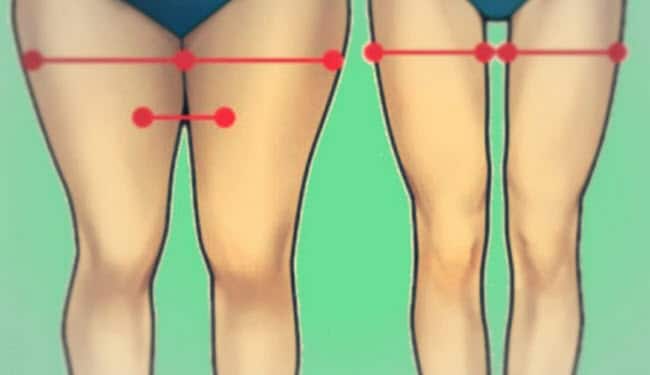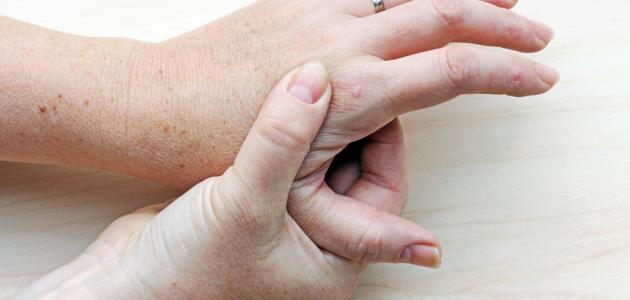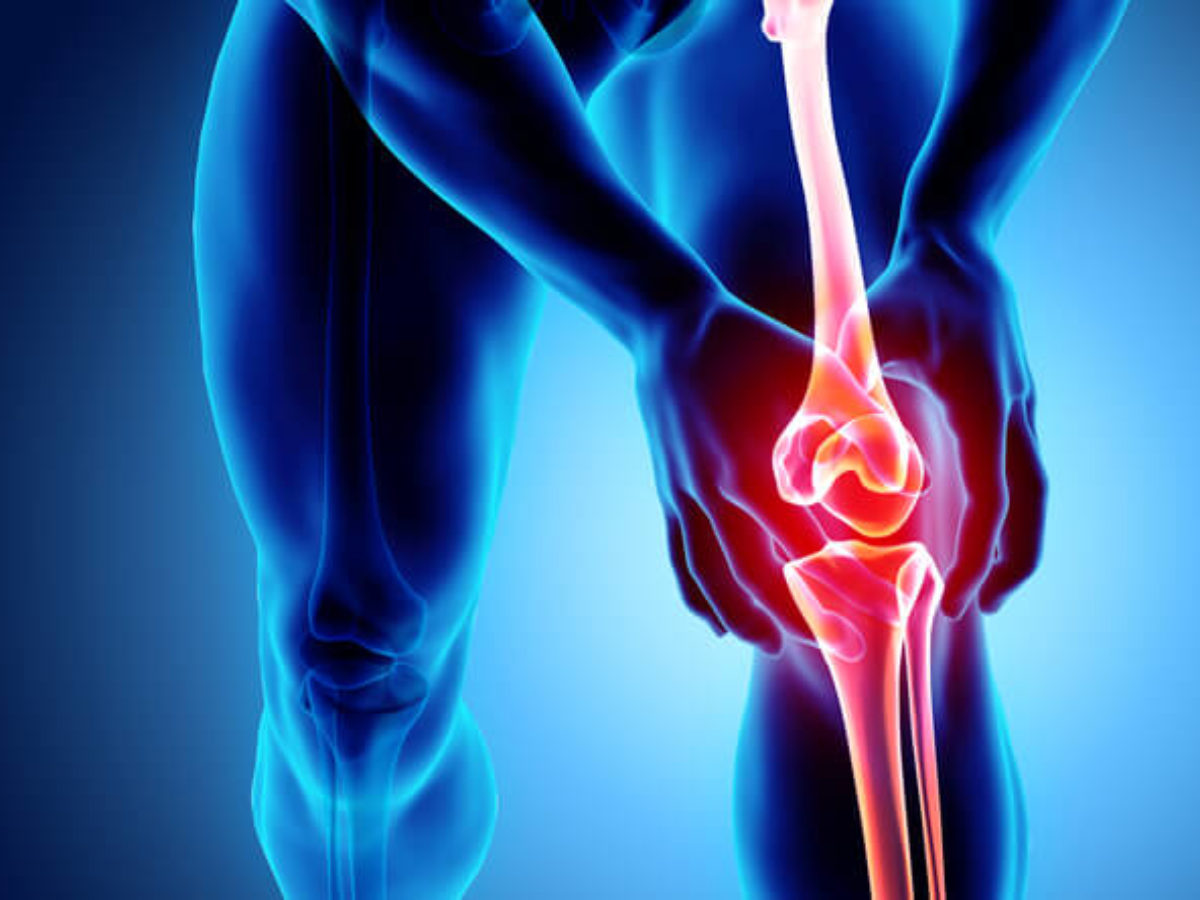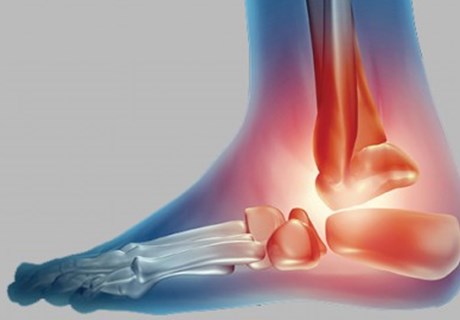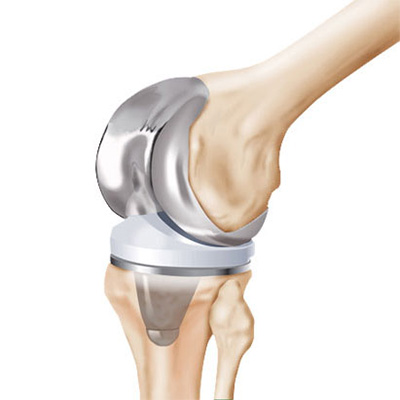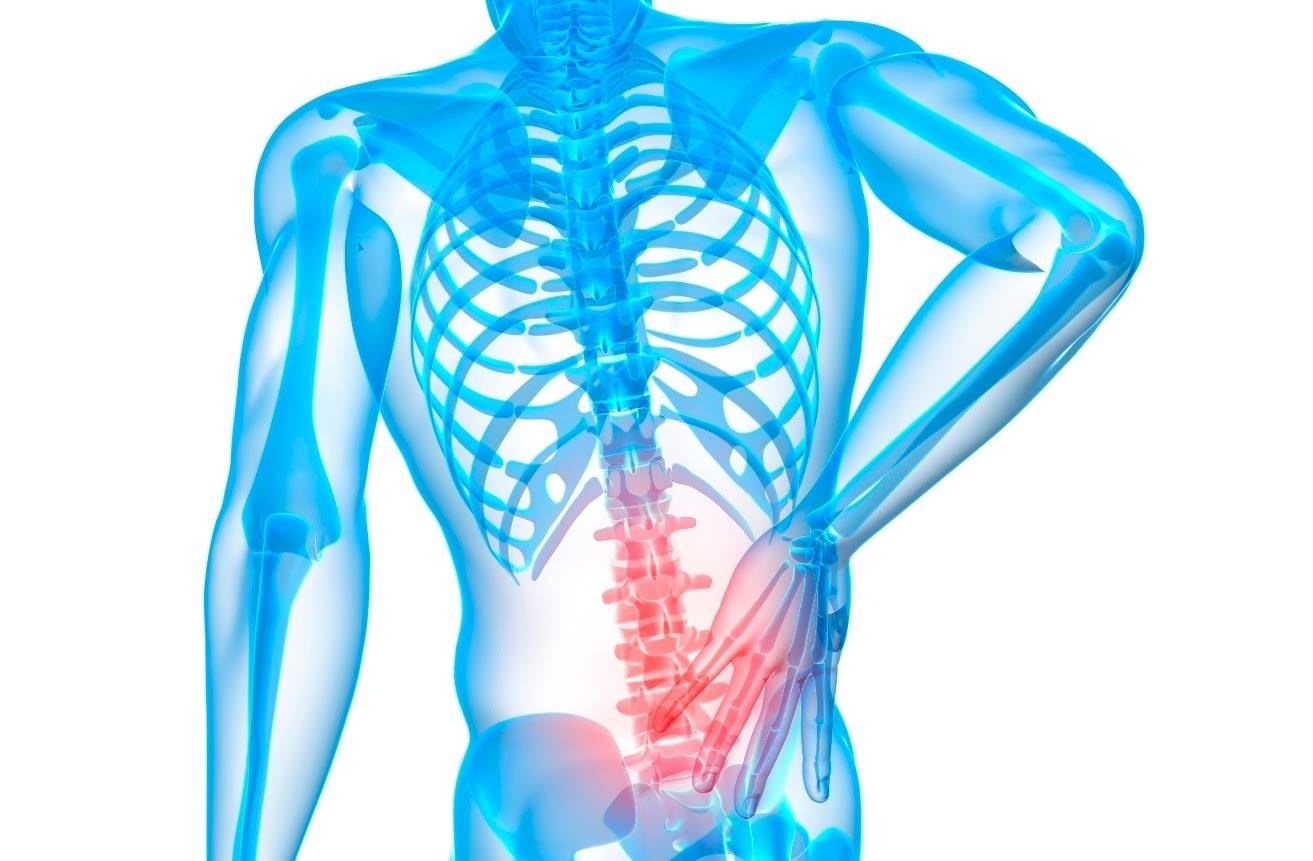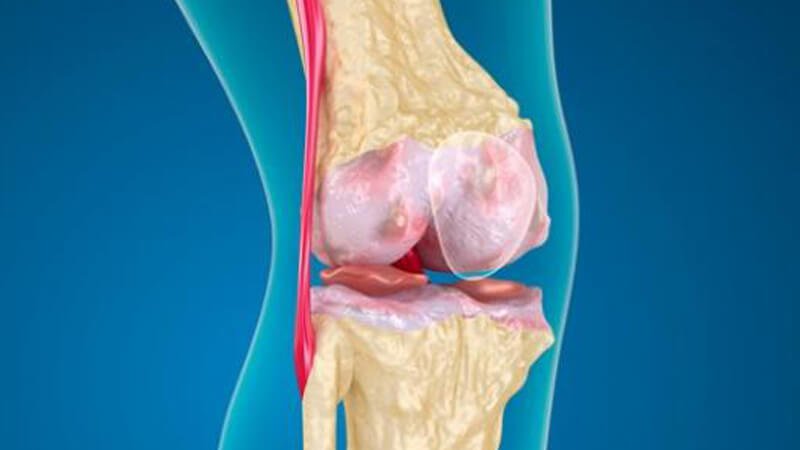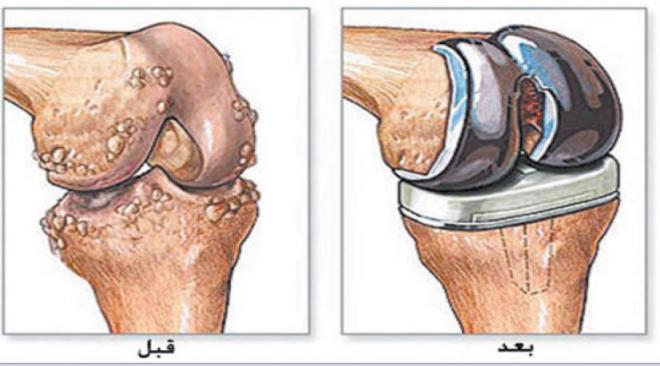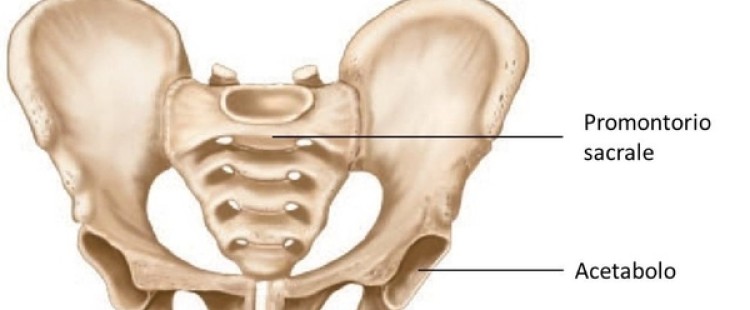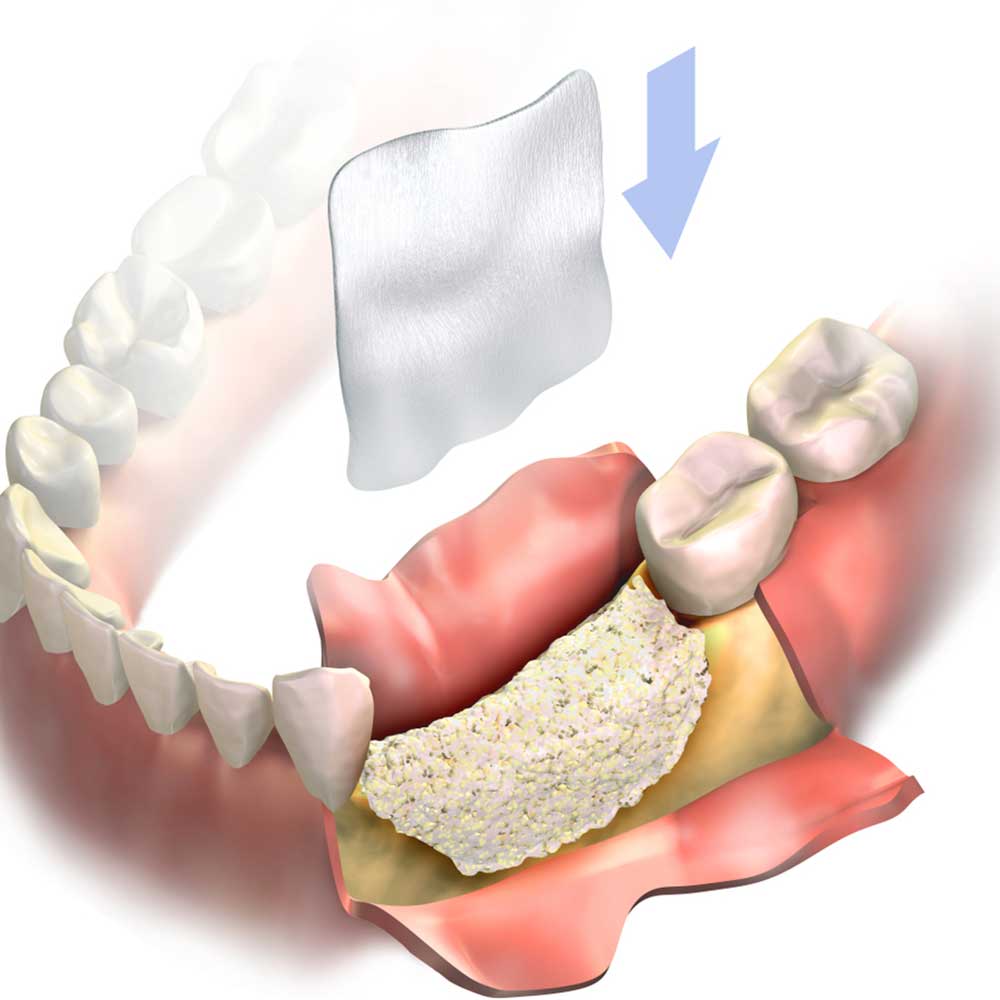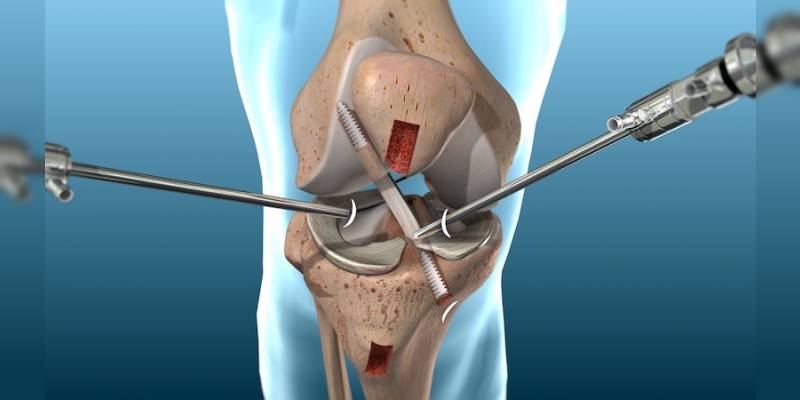What foods are prohibited for gout patients?
Foods and diet in general have been scientifically proven to have a significant impact on a person’s health condition and that following a lifestyle that includes suitable foods, especially for a gout patient, helps to get rid of the symptoms and complications of the disease, and you are presented with the permitted and prohibited foods for a gout patient in the following article.
What foods are prohibited for gout patients?
There is a strong relationship between diseases and food, and there are negative and positive foods that help improve the patient’s condition and increase the chances of recovery. One of the diseases in which food plays an important role is gout because there are foods that increase uric acid in the blood and cause more symptoms of the disease.
Gouty arthritis occurs as a result of the presence of purines in excess levels in the body, which form uric acid responsible for the accumulation of uric crystals around the joint, and gouty inflammation occurs and causes pain and redness in the affected part.
Foods prohibited for a gout patient
Doctors suggest that, in addition to medical treatment for gout, the patient should reduce the intake of some types of foods that increase the absorption of harmful uric acid in the body, and from foods that are prohibited for patients with gout, the following:
- Eat plenty of red meat, especially lamb and deer.
- salted fish.
- Purine-rich seafood includes herring, sardines, and salmon.
- The internal parts of animals such as the liver, brain, and kidneys.
- Legumes, including lentils and beans.
- Baked goods made from white flour.
Foods allowed for a gout patient
A balanced diet for a gout patient is one of the elements that help a person feel a quick recovery and is also useful for avoiding gout because it reduces uric acid in the body, and useful foods that should be included in your diet include:
- Eat more citrus fruits, including oranges, pineapples, and strawberries.
- Eat low-fat dairy.
- yogurt.
- Include avocado in your diet.
- Cherry because it contains antioxidants.
- Eat nuts.
- Whole grains.
Tips for a gout patient
There are some guidelines and instructions explained by doctors that protect affected joints and enhance the body’s resistance to gout:
- Make sure to drink adequate amounts of water, which rid the body of uric acid in it.
- Low-intensity exercise increases the strength of the muscles in the joint.
- A person can maintain an appropriate weight so as not to cause joint complications.
- Avoid eating foods rich in sugar and alcoholic beverages.
- Monitor the level of uric acid in the blood.
Food prohibited for gout patients
Uric acid or uric acid is the main cause of gout infections as a result of the formation of more uric crystals that accumulate around the affected joint and make it unable to move normally, and gout results in pain in the affected joint and severe pain that accompanies the person for a period and makes him unable to practice his life normally.
Food can affect the body’s response to the medications recommended by the doctor to the patient, and avoiding harmful food increases the chances of recovery while adhering to the instructions prescribed by the doctor, and here are some examples of food that is prohibited for a gout patients:
- Foods that contain a lot of sugar.
- Types of fish, including mackerel, mussels, and shrimp.
- Some types of red meat, including lamb.
- Processed food or containing preservatives.
- The internal organs of animals, including the kidneys and liver.
- Dates because they contain a large amount of fructose sugar.
Prohibited fluids for a gout patient
Some types of fluids suppress the body’s immunity and reduce its ability to get rid of the uric acid present in it, including:
- Alcohol, which causes kidney health problems and limits the expulsion of uric acid from the body.
- Soft drinks contain large amounts of sugar.
- Processed juices, which contain an amount of harmful fructose sugar.
Common questions about gout
Is chicken prohibited for a gout patient?
Red meat is one of the foods that a gout patient should avoid, which causes more levels of uric acid in the body and thus increases the chances of developing gout and causes a significant increase in its symptoms, some doctors advised changing the lifestyle based on a high amount of red meat in order to reduce the risk of infection.
Chicken meat can be an alternative to red meat in the diet because it contains less purine, which is responsible for the formation of uric acid in the body, but it must be in a limited range to avoid the risk of gout.
Do lentils cause gout?
Protein is considered one of the basic materials for the human body and it is considered one of the nutrients that must be taken into account in the person’s diet, but its intake of vital derivatives affects the increase in the chances of developing gout, so it can be replaced with various plant derivatives, including lentils.
Does orange increase gout?
Fruits are food sources rich in minerals, fiber, and vitamins that are beneficial to the body, and a person can take them as juice as well. However, some types of juices are not beneficial for gout patients, specifically orange juice, which increases the accumulation of purines that cause uric acid, which increases the body’s readiness for gout and increases its symptoms.
Does coffee increase gout?
There is no direct relationship between coffee and gout, but doctors put it among the permitted drinks for gout patients, but it is drunk in moderation because excessive consumption daily causes dehydration, which is a risk factor for acute gout attacks.
Do eggs increase gout?
Eggs are protein-rich foods that benefit the body a lot and provide it with important nutrients, so it is useful for a gout patient, but it is useful for a gout patient, but it should be eaten in small quantities because it contains a low percentage of purine, which is responsible for uric acid in the body and moderation in eating it avoids the person from developing gout.

